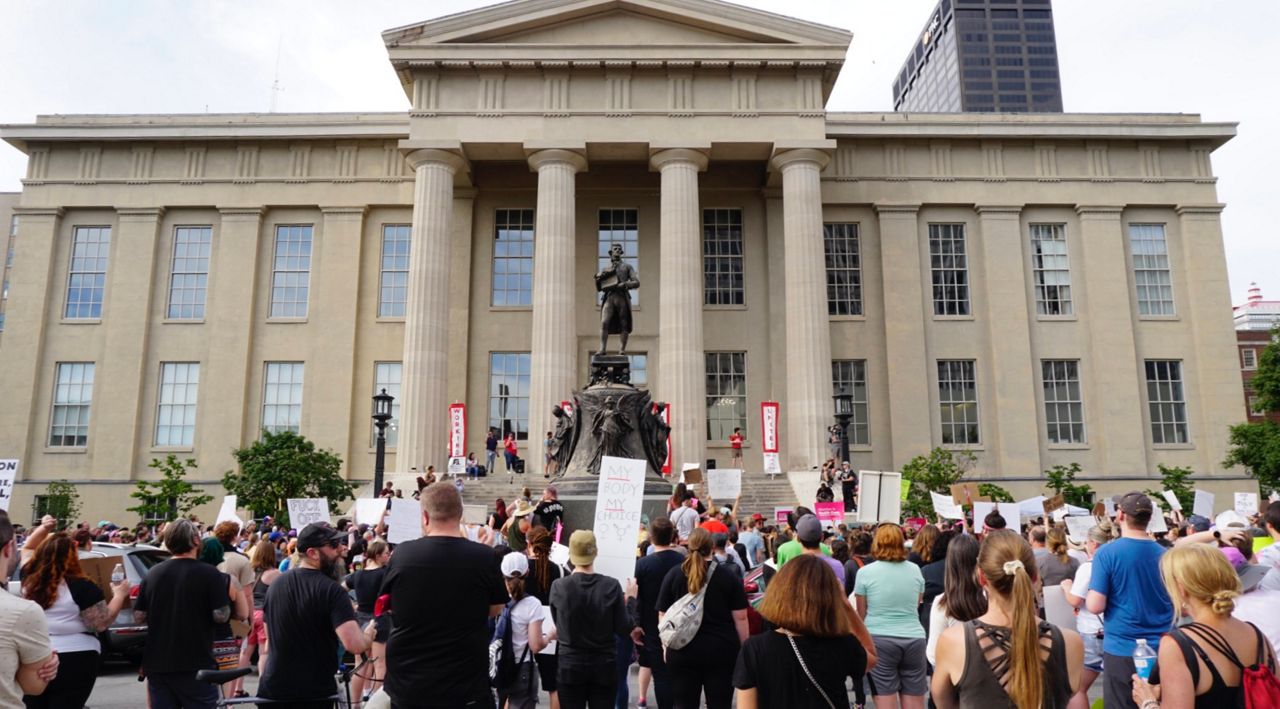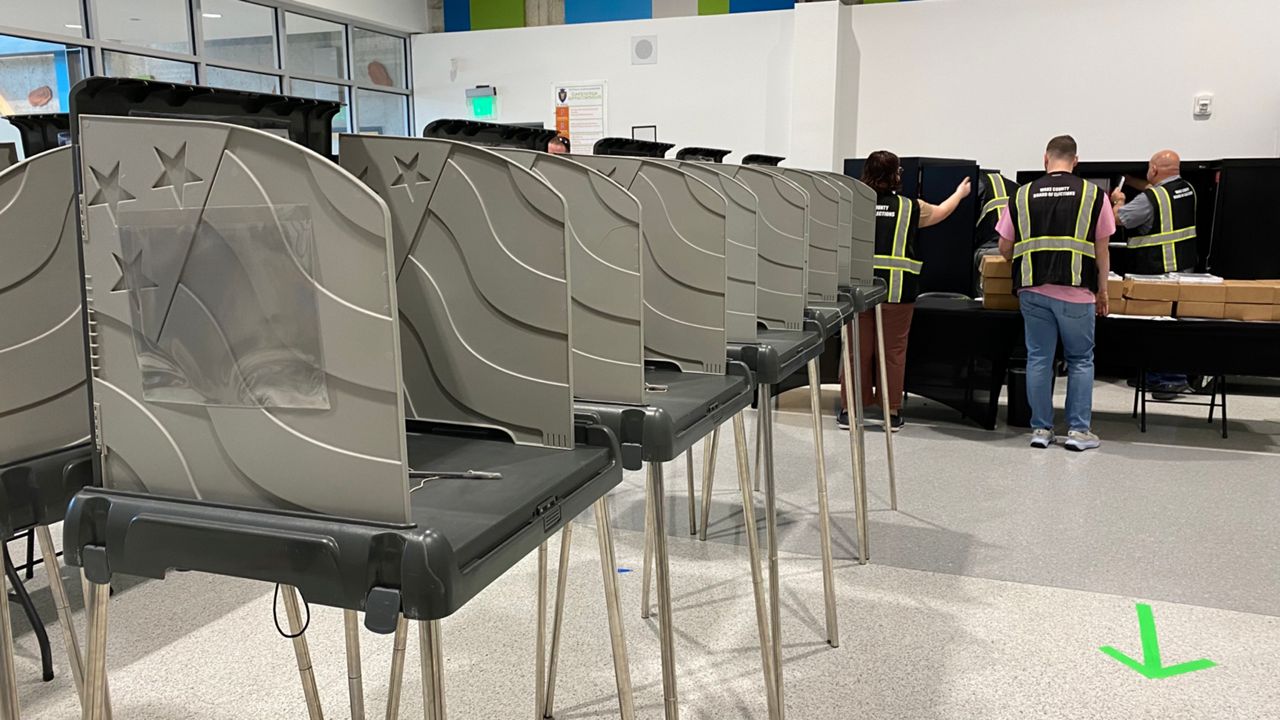WINSTON-SALEM, N.C. — Ahead of Election Day, Forsyth County Board of Election completed its Logic and Accuracy testing of all voting machines in September.
According to state election law, all 100 counties are required to test voting machines for logic and accuracy ahead of every Election Day
None of Forsyth County’s voting machines are connected to the internet and can’t be tampered with
Once testing is finished, each machine’s votes are reset, the machine is sealed and documented for chain of custody
According to state election law, all 100 counties of North Carolina are required to test every voting machine, including backups, before each Election Day to ensure its accuracy in reading ballots, making accurate selections when the voter is making their selection and accurately tabulating the ballot. Jay Lerman, geocode and voting systems manager of Forsyth County’s Board of Education, says the process can be tedious, but necessary to ensure the confidence and trust of voters.
“We want to make sure the tests are reading the ballots correctly, and they’re reading the correct ballots, that they’re giving an accurate count and that they’re secure. We open it up to the public to be as transparent as we can,” he said.
Forsyth County conducted its testing Sept. 6 - 14. Testing was open to the public to observe the process and ask questions. The most common question Lerman received was if the machines are connected to the internet. He explained no voting machine holds any modems so they cannot be connected to the internet and cannot be tampered with in that way.
Lerman walked Spectrum News 1 through the process of testing a voting machine. Lerman first uses a flash drive with test media, plugging it into the machine. Next, he runs a pre-printed script ballot through the machine to check if the machine is displaying the correct ballot of candidates and all races. For machines designed for voters who are hard of hearing or visually impaired, Lerman ensures the machine pronounces the names of all candidates correctly.
Once the machine reads the script ballot, the machine prints out results on tape. Lerman then compares the test script to the results, ensuring that the machine has read it and selected correctly, according to the script. Once it’s confirmed, the machine is reading and tabulating accurately, the votes are zeroed out. Lerman takes out the test media for the Election Day media, and he seals and documents for the chain of custody, so there’s no tampering with the machine before Election Day.
“Every county in North Carolina, we have 100 counties, all of them require paper ballots, so we have a paper trail, and we hold on to that. So even if the machines did mess up on Election Day, or power went out, or some catastrophic event happened, your vote will still count,” he said.
On the morning of Election Day, once the tested machines are delivered, a voting site official will check to machines again to ensure they are still zeroed out. A chain of custody is kept from the warehouse to precinct location and back, to make sure each machine is accounted for at all times. Lerman encourages people to volunteer as observers or poll workers to get an understanding of the election process in their communities.
For more information on voting machine testing, click here.









